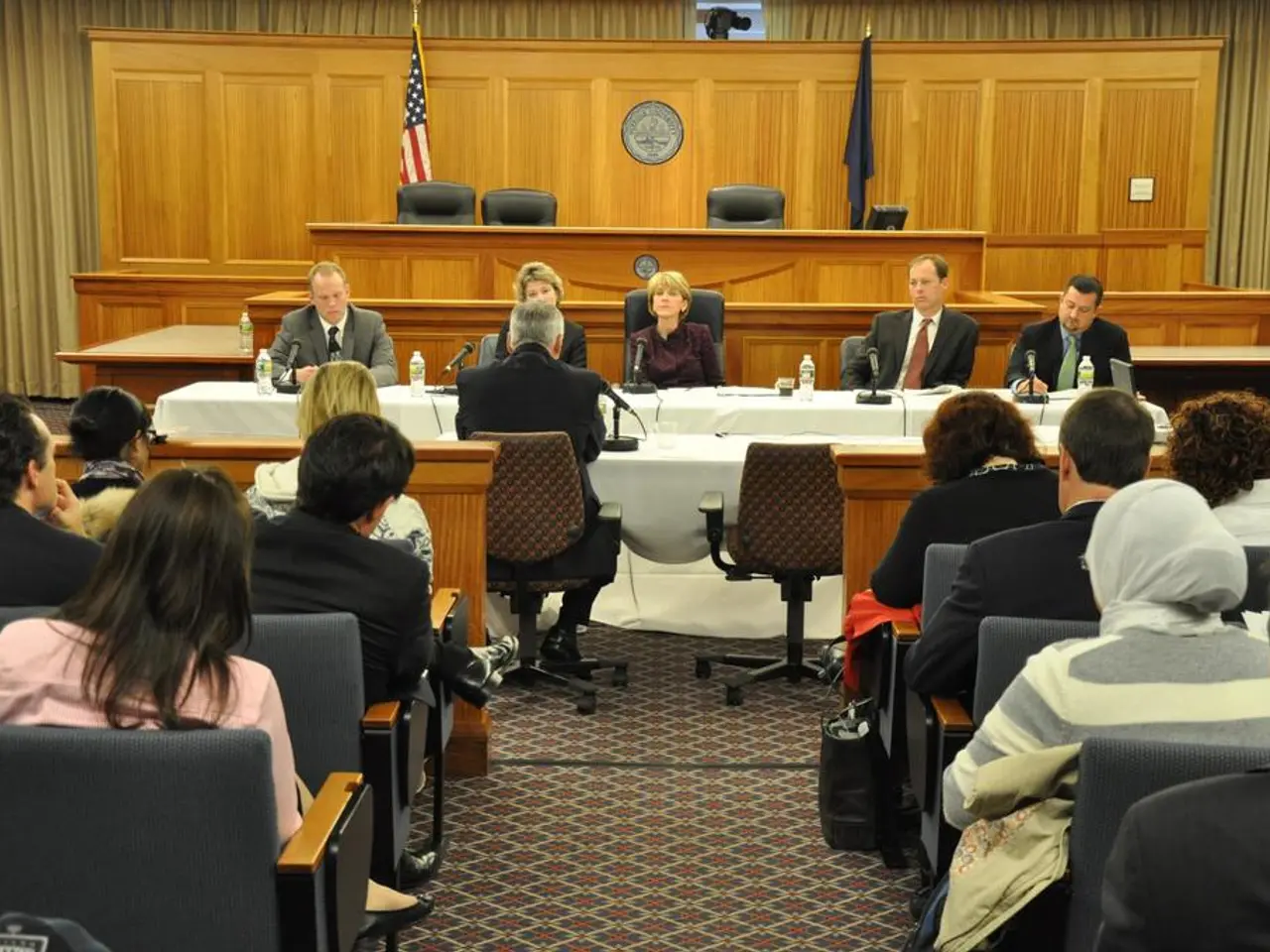EU Leaders Discuss Ukraine Aid, Deterrence in Copenhagen
European leaders convened in Copenhagen for an informal meeting, aiming to prepare for the upcoming summit in Brussels. The meeting, held under heightened security due to recent drone incidents, saw discussions on various critical issues, including the conflict in Ukraine and the potential utilization of frozen Russian assets to fund Ukraine's defense.
The meeting, hosted by Danish Prime Minister Mette Frederiksen, addressed the growing threat posed by Russia. Frederiksen characterized the situation in Europe as the most challenging since World War II, with the war in Ukraine seen as an attempt by Russia to intimidate the entire continent. The leaders discussed joint EU efforts for enhanced deterrence and defense, including the implementation of a 'drone shield' system on the eastern border of the union to intercept unauthorized drone flights, such as those recently reported over Danish airports and military facilities.
A key topic was the potential use of frozen Russian assets to finance Ukraine's defense. Germany is advocating for this plan, hoping it will secure Ukraine's funding for at least two years and increase the cost of victory for Russia. The EU plans to invest the money in interest-free EU bonds and then pass it on to Ukraine in staggered loans. However, Luxembourg's Prime Minister, Luc Frieden, expressed skepticism about the proposal, raising questions about who would bear responsibility for repaying the loans and highlighting the complexities involved in seizing and allocating these assets. Frieden emphasized the need for clarity on the legal, ethical, and practical implications of using frozen foreign funds for foreign aid.
No decisions were made at the informal meeting, but the goal was clear: to prepare for the regular summit in Brussels later this month. The leaders agreed on the need for better deterrence and defense, and while the use of frozen Russian assets for Ukraine aid was discussed, further negotiations are required to address the concerns raised by Luxembourg and other EU members.
Read also:
- Eric Dane Diagnosed with ALS, Advocates for ACT for ALS
- Deepwater Horizon Oil Spill: BP Faces Record-Breaking Settlement - Dubbed 'Largest Environmental Fine Ever Imposed'
- Meta Unveils Ray-Ban AR Display Sunglasses; TikTok Agrees to $200 Million Deal
- Historic downtown temples to receive restoration funds totaling over 25 million pesos




